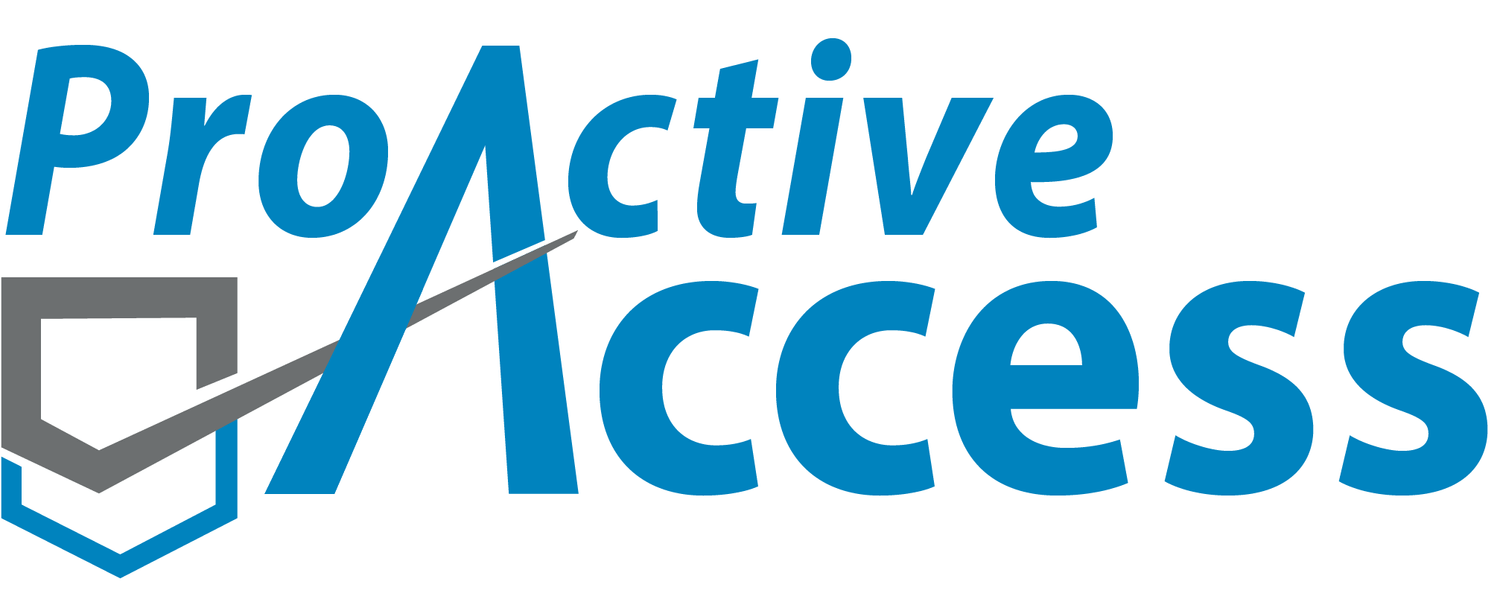Commercial CASp Inspections
Commercial Shopping Center Evaluation by a Certified Access Specialist
The Americans with Disabilities Act (ADA) requires all Public Accommodations to be accessible to people with disabilities. Large retail shopping malls, small commercial shopping centers (AKA strip malls) & business parks are all defined as public accommodations. Therefore, commercial facilities that are open to the public must provide disability access. Commercial properties can vary in size and function. Commercial property owners and property managers should have a good understanding about disability access requirements that are applicable to their site. Owners who fail to understand how people with disabilities interact with their property can potentially lead to poor tenant occupancy and even ADA litigation.
Certified Access Specialists educate property owners and managers about their facilities by conducting a thorough inspection of the entire site. A CASp Inspector will typically evaluate the condition of accessible parking and accessible paths of travel to each tenant entrance small commercial sites. Larger malls may provide additional features that are included in the CASp Inspection scope. These elements may include: accessible EV Charging Stations, Parking Garages, Interior Routes, Elevators, Stairs, Drinking Fountains, Interior Tenant Spaces and more. We evaluate every feature that a commercial facility provides to the public so that owners and managers can make informed decisions about disability access improvements at their properties. Following an onsite inspection, the Certified Access Specialist will generate a CASp Report that details the areas and elements that require improvement along with recommendations for remediation. This report is the foundation for a near term and long term barrier removal strategy that increases accessibility for guests and decreases exposure to accessibility related litigation.
Pre-Purchase & Pre-Lease Due Diligence
Commercial properties and tenant spaces are frequently altered or modified. Whether it’s a new entity purchasing an entire property or perspective tenants looking to lease a space, disability access should be addressed during negotiations. In the past, it was not common for accessibility evaluations to be performed during escrow and lease negotiations. That all changed when California introduced AB 2093. This legislation took effect in 2017 and requires landlords to add a CASp disclosure to all new commercial leases.
In addition to the required lease disclosures; property owners, managers and tenants have found value exercising accessibility due diligence. Some want to be aware of issues that may arise if a permitted alteration is planned. Some parties use the CASp Report for lease negotiations to clearly identify which parties are responsible for accessibility improvements. Others may want to understand the of exposure to serial litigants that target commercial properties with legal claims demand tens of thousands of dollars. Whatever the motivation is, parties are much better off taking a proactive approach to understanding the properties that they own or occupy rather than reacting to costly outcomes in the future.
Common ADA Violations at Commercial Facilities
Missing or Non-Compliant Accessible Parking
Missing or Non-Compliant Accessible Route From the Public Right of Way (Sidewalk)
Non-Compliant Ramps & Curb Ramps
Non-Compliant Gyms
Commercial CASp Inspectors
The first step to improving disability access at a commercial property is to understand what is required and how to prioritize accessibility improvements. Unfortunately, there is a lot of misinformation about ADA requirements and applicability of California Building Code. Our experienced Certified Access Specialists (CASp) have evaluated hundreds of commercial facilities throughout California and nationwide. We have inspected small strip malls, large shopping centers and everything in between. Contact us for a free consultation!



